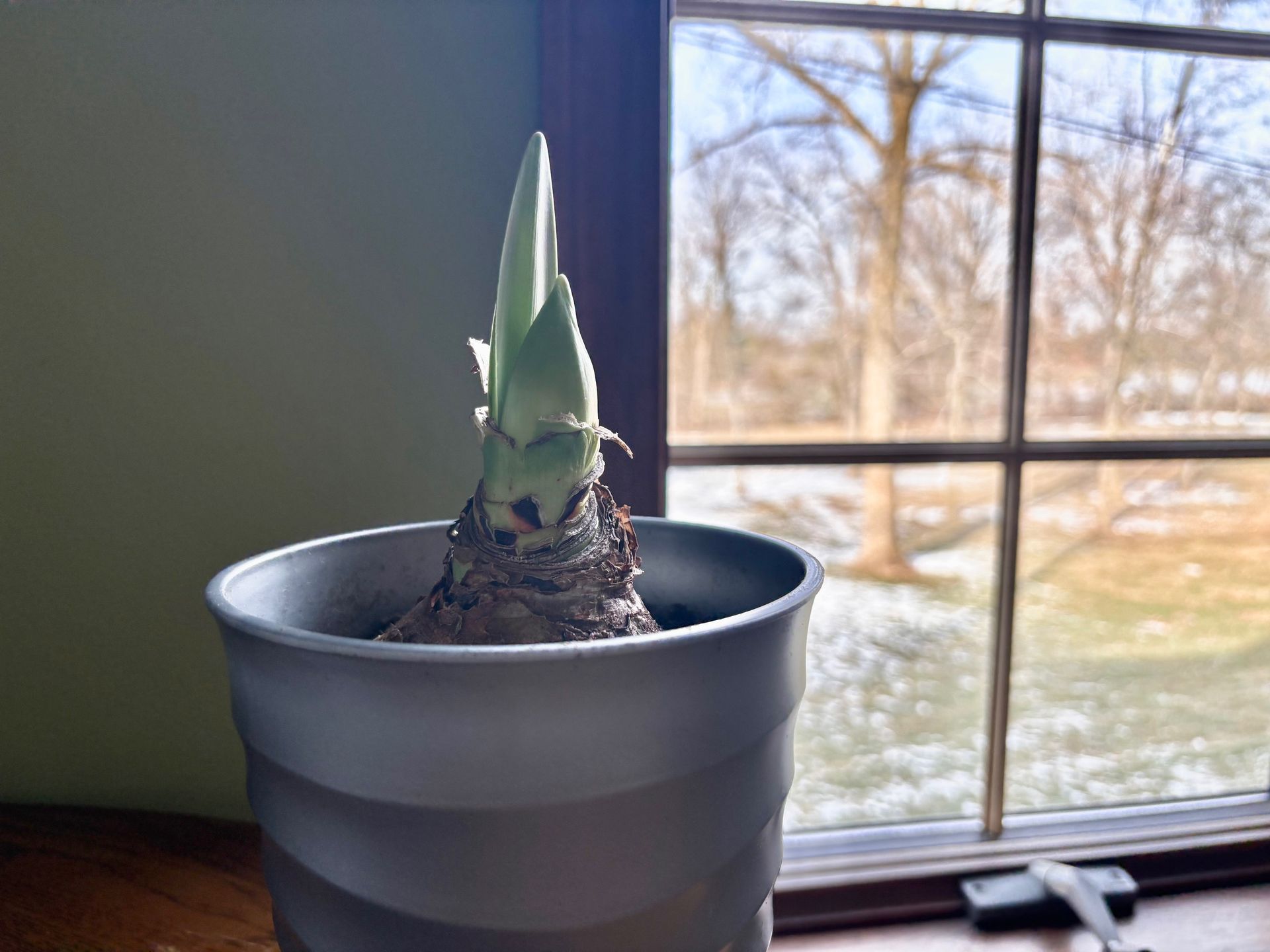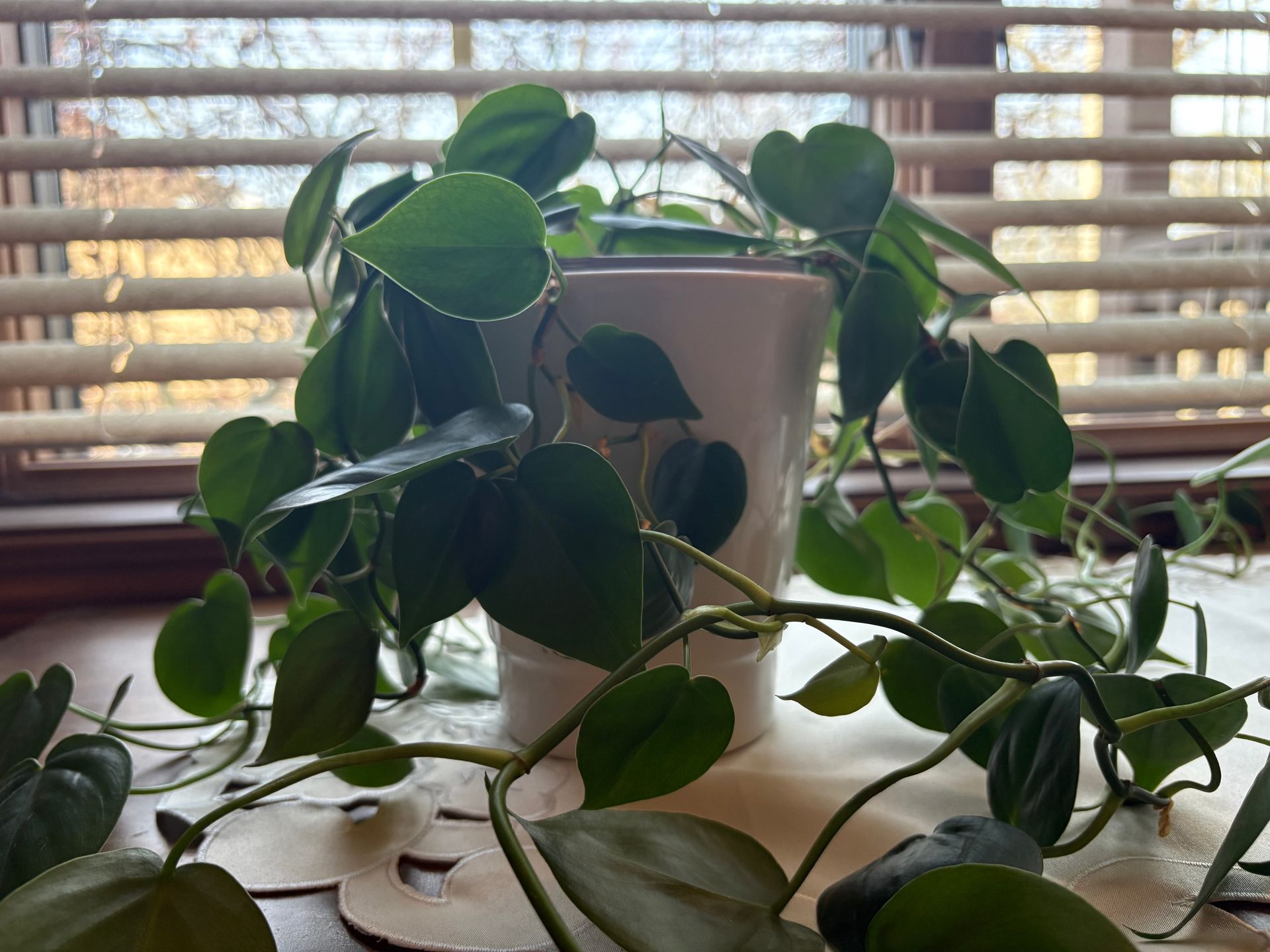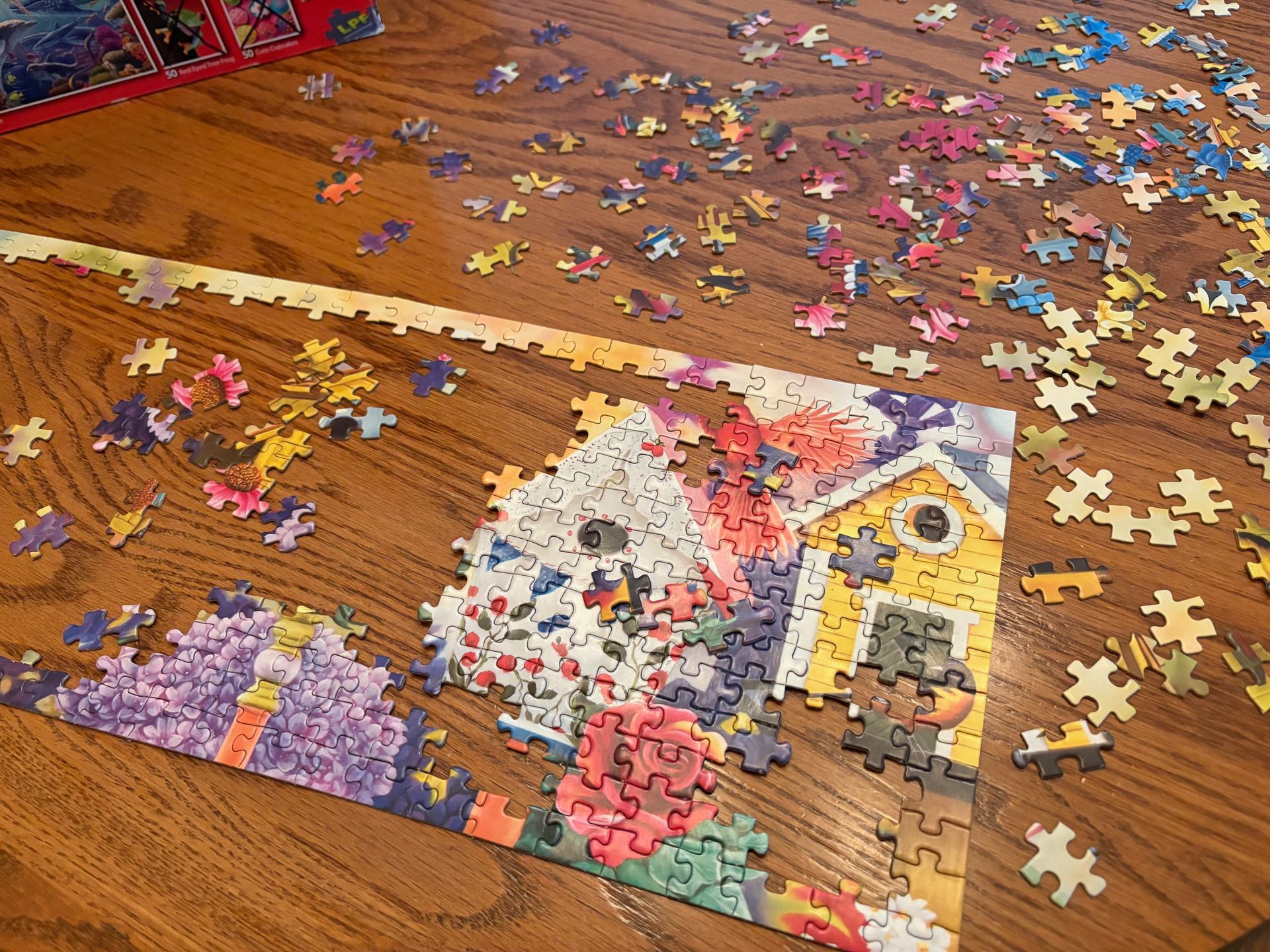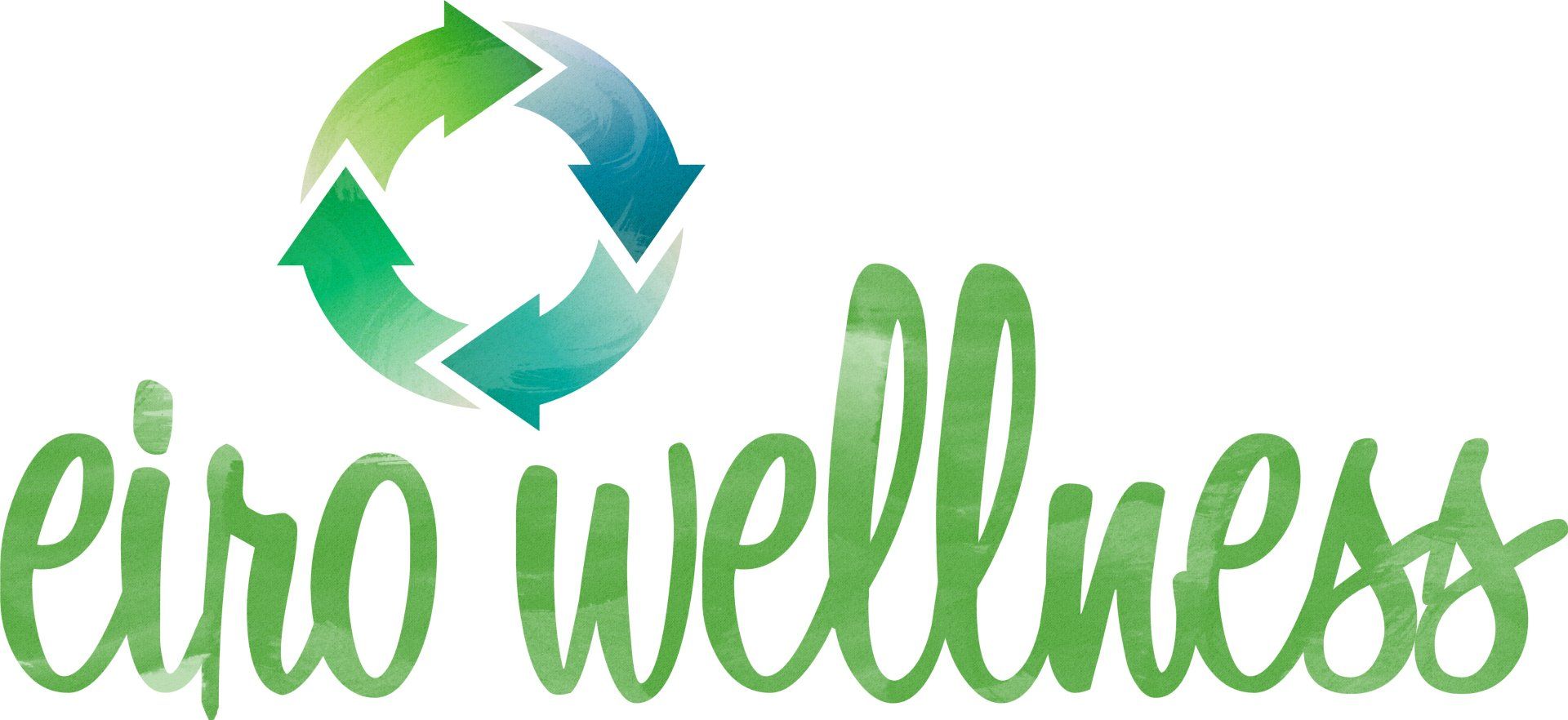Anxiety Isn't the Enemy
Understanding Your Body's Built-In Alarm System
I remember lying on the table at the chiropractor’s office years ago as she adjusted me. It was a spring afternoon, much like today. I don’t remember our conversation, but I do distinctly recall commenting that I didn’t think I experienced much anxiety. She burst out laughing at me. Insert your version of a startled or grimacing emoji. (And it wasn’t because she was adjusting my back!) She replied, “Rachel, you are very anxious and don’t even realize it!”
That was when I realized that anxiety is far more than panic attacks. It isn’t just a fear of public speaking or a phobia of snakes. (Although those are both legitimate reasons to feel anxious sometimes!) No, anxiety is much further reaching than that. Anxiety happens to those who are fearful and those who are brave. It happens to corporate executives and stay-at-home moms. It is not a respecter of persons. As a matter of fact, anxiety affects almost 20% of adults and 32% of teenagers.
But here’s the thing: God designed our bodies to experience anxiety!
Wait. What?
How anxiety feels in the body and brain
Anxiety is a God-given response to fear that aims to protect us when our body or brain perceives a threat. If we still lived in a perfect creation without any sin or brokenness in our world, the anxiety response would never need to be activated. Unfortunately, that is not our reality.
So, if anxiety is more than panic attacks and phobias, how does it show up in our body and mind?
When a threat is imminent, your body will produce extra cortisol and adrenaline to prepare you to respond to the stressful situation and quickly re-establish safety. You may be most familiar with this stress response as fight, flight, freeze, or fawn. Some of the most common symptoms associated with this response include changes in your breathing, racing thoughts, jitteriness in your muscles, or maybe a heaviness instead in your muscles, sensations of heat or cold, heart palpitations, paralysis, a sense of dread, and loss of appetite.
Does that sound like anxiety? The anxiety response from adrenaline activates and prepares your body to do whatever is necessary to find safety. This is a good thing!
Here’s the problem. Our body and brain do not know the difference between a real and perceived threat. It doesn’t know the difference between a car accident and an overloaded calendar. Or a severe storm and a mountain of laundry. If it creates overwhelm, it is perceived as a threat, and your body will respond with adrenaline and anxiety.
Sometimes your body and brain don’t know the difference between past trauma and current stress either. Even if your brain forgets the details, it is still filtering all current events through the lens of past experiences. Your body also stores past experiences in the muscles, tissue, and fascia. When you feel overwhelmed, your body and brain respond through the filter of the past, increasing an anxious response to current circumstances.
According to Dr. Gregory Jantz, PhD in The Anxiety Reset, many other contributors make anxiety worse:
- Underlying medical conditions
- Genetic predisposition
- Gender and hormones
- Oxidative stress
- Mitochondrial dysfunction
- Brain chemistry
- Past trauma or significant loss
- Temperament
- Unresolved emotional conflict
- Cumulative or chronic stress
- Excessive busyness or perfectionism
- Substance abuse or other addictive behaviors
- Information overload
Many of these contributors, along with our body and brain’s perception of constant threat, leave us with a low-grade hum of continual anxiety. This often shows up as an inability to relax, poor sleep, fatigue, problems focusing, constant racing thoughts, feeling overly emotional, overstimulated by your environment, frustrated or discouraged by your inability to handle day-to-day responsibilities.
Testing for anxiety
You don’t have to remain stuck with anxiety, though. You can take steps to address your anxious thoughts, starting with testing. I often recommend these tests to my clients inside my Wholeness Restored Program.
- Salivary Cortisol Test - Measure your cortisol pattern throughout the day to identify how your cortisol levels contribute to anxiety and how to balance your cortisol.
- Neurotransmitter Test - Measures adrenaline along with several neurotransmitters such as serotonin, GABA, and dopamine, which help to determine your reactive stress and mood response.
- Histamine, Whole Blood Test - A marker of methylation status that contributes directly to your stress and anxiety response.
- Hair Mineral Tissue Analysis - A measurement of resilience and stress patterns in the body.
- DNA Test - Looks at mitochondrial and neurotransmitter production as it relates to stress and mood.
Rarely is it necessary to do all of these tests to determine the next steps to support your stress response. That’s why I help my clients figure out which tests are a priority for them inside my Wholeness Restored Program.
Ways to relieve anxiety
I wish there were a quick fix for anxiety! Whether the symptoms are low-grade or life-altering, anxiety is unpleasant! But because God created the anxiety response as a mode of protection for us, we need to go back to the root cause and support our body’s innate healing process.
Here are my top 3 recommendations for addressing anxiety:
- Recognize anxiety as a God-given voice of protection and stop fighting or shaming the response. Instead, get curious about the underlying cause of the anxiety. This may not always be apparent. Invite a trusted friend, mentor, or therapist into this journey with you.
- Reduce anxiety-producing lifestyle choices such as caffeine and sugar consumption, insufficient sleep, and numbing through scrolling. Instead, choose to spend more time outside enjoying nature, getting daily exercise and eating sufficient protein with every meal.
- Consider my
Wholeness Restored Program in your healing journey. This program includes necessary testing and targets the physical and emotional responses of stress and overwhelm, such as mood and anxious thoughts, hormone concerns, poor sleep, fatigue and digestive issues. You can schedule a
free introductory call to find out if Wholeness Restored is your next best step.
Unfortunately, we will never eradicate anxiety completely from our lives. But that isn’t bad since God intended it to help protect us! The problem is when anxiety dominates our lives because we perceive everything as a threat. So, let’s honor the important role of anxiety and take steps to reduce the causes of anxiety so it will stay within its healthy boundary that God intended.











